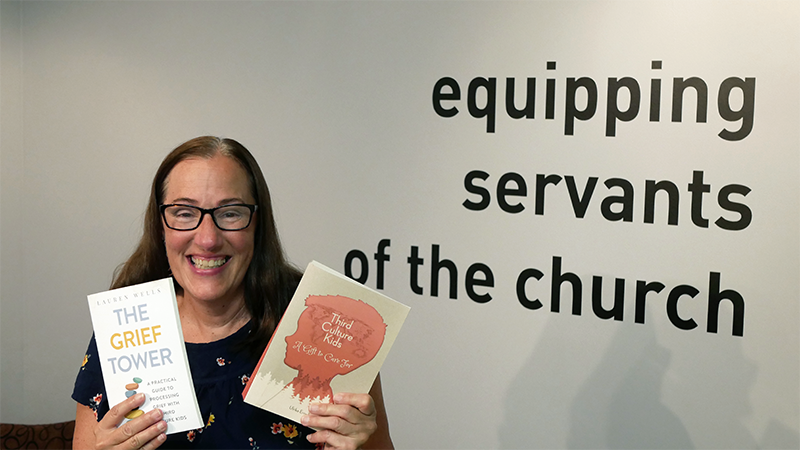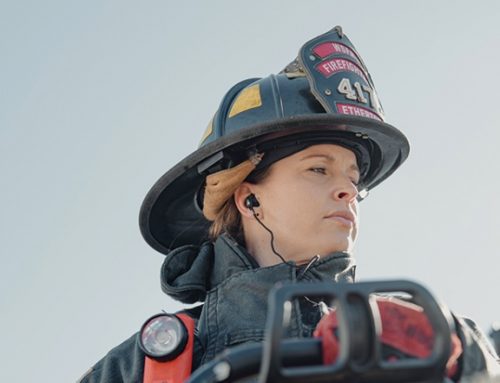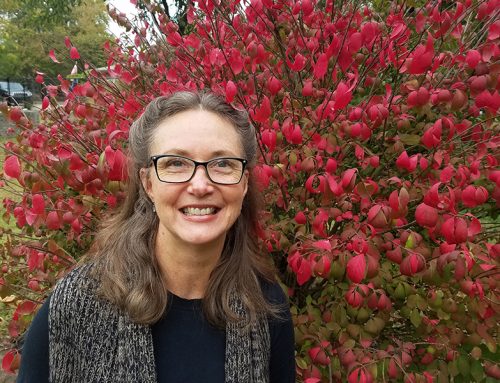Caring for MKs
A missionary once asked his son, “Where do you feel most at home?” His son replied, “Airports!” He had spent most of his youth as a “missionary kid” (MK*) in Latin America and then moved to the United States to attend college. For him, as it is for many MKs, the idea of home is complex. Ask an MK, “Where’s home?” and they may consider several things: Do you mean where I was born? In what country did I grow up? What country or countries hold my passport? Where does my family live now? Where do I live now? Many feel like they live between worlds. No wonder MKs might say they feel most at home in an airport, a place where people are either coming or going but constantly moving and a bit unsettled.
Many missionary kids will spend most of their formative years in a foreign country, which becomes “home” to them in a much deeper way than it does for their parents. Fast forward to when those MKs move from their foreign “home” country to a country that is foreign to them, even though their passport says they are citizens. The MK Care Team counts it a privilege to journey alongside the MKs during this transition.
Direct connection to our families and MKs is vitally important in order to grow trust and awareness. Connecting early is important to establish the foundation of a relationship that will continue into the MKs’ adulthood, giving parents the confidence that their adult MKs are not struggling alone. The Team strives to journey alongside missionary kids and their families. It’s an extraordinary expedition!
— Pete Ammerman, MK Care Director, Ethnos360 USA
Creating Space for Emotions
For many MKs, it isn’t easy to process all of the emotions associated with moving from one country and culture to another.
Holly Dyck is one of several missionaries serving on Ethnos Canada’s MK Care Team. With the goal of seeing families thriving in cross-cultural ministry, being a resource and support begins before the missionary family even leaves the first time. Formal class time for adults, special events, small group family sessions and special one-on-one sessions with children all help to round out the resources for the family. For example, airport simulations help minimize unknowns, which reduces fear.
And then once families are overseas, regular calls and debriefs help remind the MKs and their families that what they are experiencing, emotions included, is normal. The care provided comes in many forms: care packages, emails, encouraging notes, and even on-field visits to ease them through the unique challenges.
If you or your church would like to learn how you can support MKs you know, please email MKcare@ethnos.ca
*“An MK is someone who grew up as a child of missionaries. MKs are part of a larger group called Third Culture Kids (TCKs). TCKs are described as people who have spent a significant part of their developmental years outside the parents’ culture. The TCK frequently builds relationships with all the cultures, while not having full ownership in any. Although elements from each culture may be assimilated into the TCK’s life experience, the sense of belonging is in relationship to others of similar background.” (David Pollock and Ruth van Reken)






